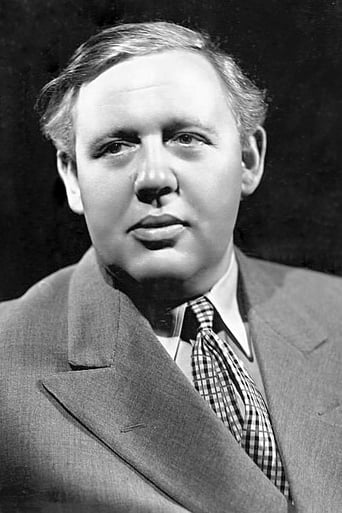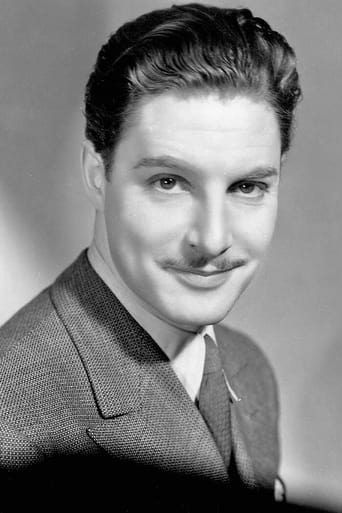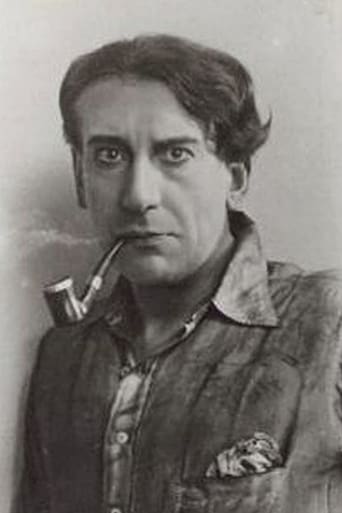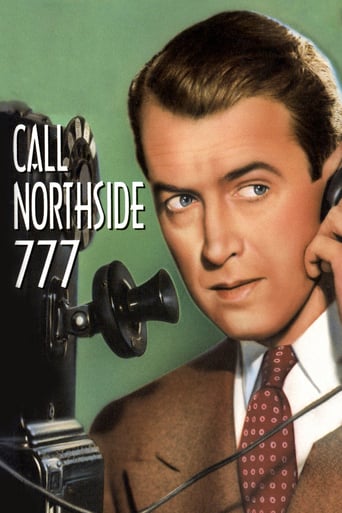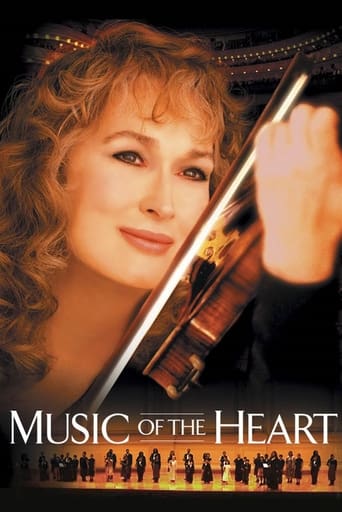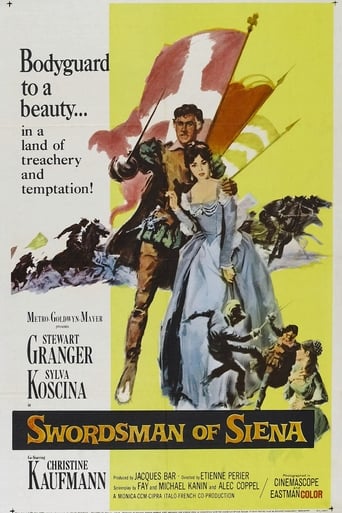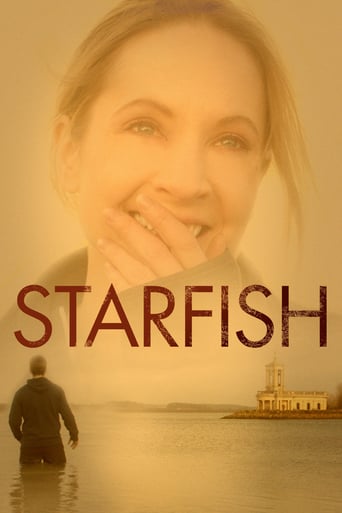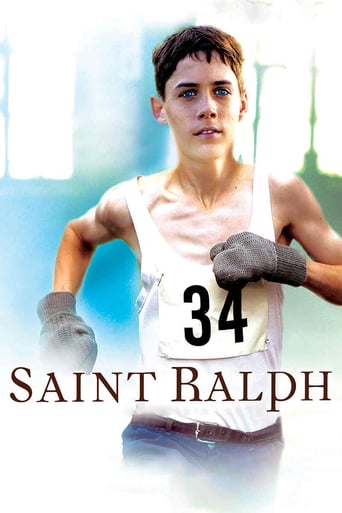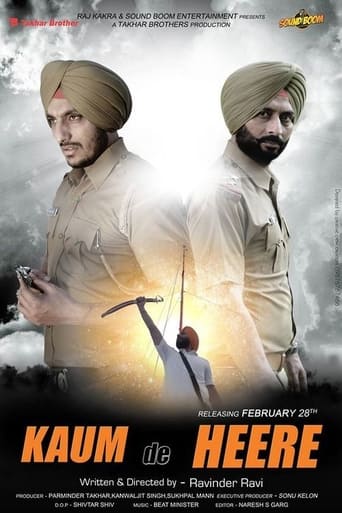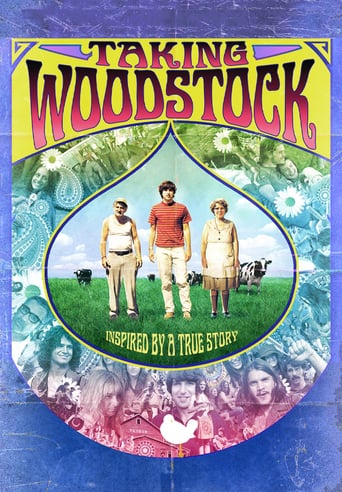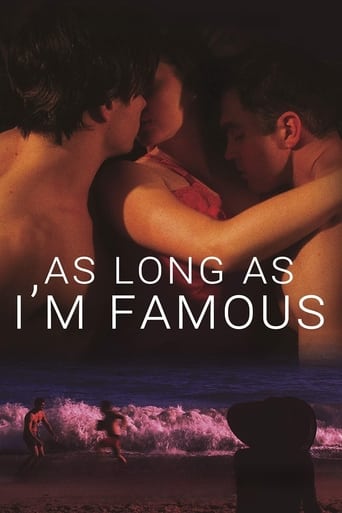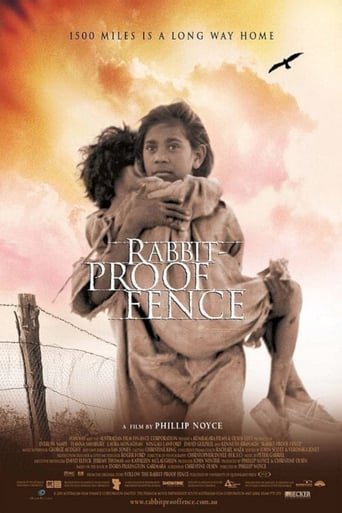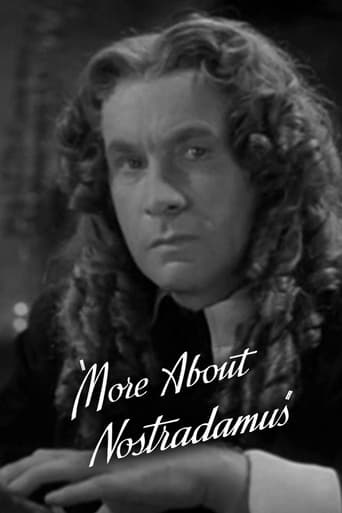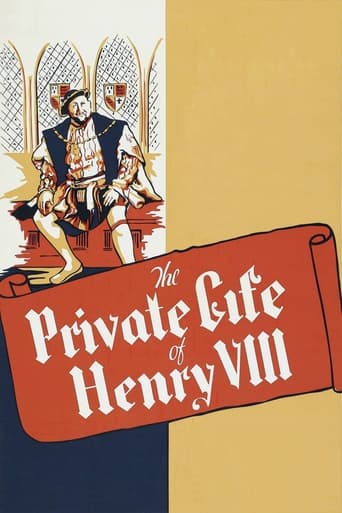
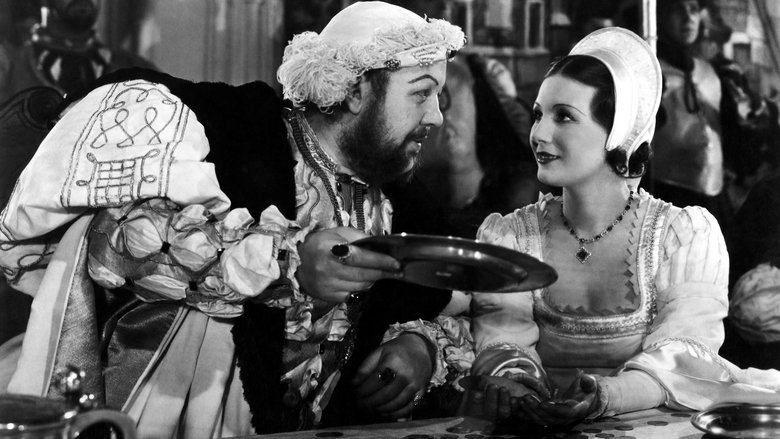
The Private Life of Henry VIII (1933)
Renowned for his excess, King Henry VIII goes through a series of wives during his rule. With Anne Boleyn, his second wife, executed on charges of treason, King Henry weds maid Jane Seymour, but that marriage also ends in tragedy. Not one to be single for long, the king picks German-born Anne of Cleves as his bride, but their union lasts only months before an annulment is granted, and King Henry continues his string of spouses.
Watch Trailer
Cast


Similar titles
Reviews
Near the beginning of "Three Days of the Condor," Max von Sydow and his gang of hired hit men brutally murder in cold blood half a dozen harmless and unarmed civilians. At the end, von Sydow's character has a little speech that is supposed to make us sympathetic. He may kill for the group that pays him the most, but he is a sensitive man, a man of principle. But that initial mass murder, starkly depicted, is an unforgivable act. It was so repellant that the fact that he might know the Louvre inside and out became irrelevant.I had the same problem with "The Private Life of Henry VIII." Charles Laughton gives a find performance, considering that it's so overplayed. But one expects a great big ham at a royal banquet. The difficulty is that the film begins with the tragic beheading of Anne Bolyne, Henry's second wife. And the preparations are dwelt on. The French headsman, imported for the occasion, spends forever sharpening his sword. There is reassuring talk about how it doesn't hurt. Happily the execution takes place off screen, as does the descending sword in "Anne of the Thousand Days," which tells part of the same story.The king isn't at all put off by his wife's death. She had to make room for wife number three. He goes through half a dozen wives. In the last scene he turns to the camera and says, "Six wives, and the last one is the worst." And we're supposed to chuckle at the bad luck of this pompous, self indulgent, murdering curmudgeon who lives by hypothetical imperatives alone.Laughton's performance can't be criticized. He shouts out orders and bullies everyone, man and woman alike. When he executes another wife for possible adultery, he weeps as he prays for forgiveness, "Mea culpa," but I don't believe it. He's never shown remorse in his life. Yet he injects some humor into the narrative. "There is no more delicacy," he complains at the dinner table, as he tears off a large piece of capon and slips the bones over his shoulder. Laughton has developed a walk that reeks of uncompromising authority, as he stomps around the castle.I guess the contemporary audience enjoyed it. I didn't like it much.
You should probably know that I was a world history teacher, so I tend to look at historical films differently from the average person. I love a good historical film but I am also very unforgiving of a sloppy film or one that gets its facts wrong. Keep this in mind when you read this review.Compared to the average 1930s historical film, this one is pretty good and pretty accurate. Aside from a few mistakes here and there (such as showing Anne Boleyn being publicly executed), the spirit of the film is pretty accurate to Henry in his later years. However, it shows an odd view of his life--completely bypassing his marriage to Catherine of Aragon (it said she was a good woman so her life was omitted--but she also was married to Henry the longest--and this would take up at least two movies to discuss well) as well as only giving the briefest glimpse of Boleyn just as she was being executed--but nothing more. So it skips a lot--and only shows a small glimpse of Henry's life (about a six year period). BUT, and this is important, there is STILL way too much material for this film. You see, during this time, Henry had five different marriages--and each is treated almost like a Cliff Notes version of the marriage.So, despite its limitations, is it entertaining? Well, perhaps. If you like historical period pieces and don't mind the sketchy nature of the film, it's fine viewing. The acting is very good--and Charles Laughton was in fine form. And the film looks beautiful. As for the script, it's pretty good--with some nice sparkling dialog.
Whatever you say about Alexander Korda's "The Private Life of Henry VIII" (1933), is that it is Charles Laughton's movie all the way. Right from the opening scene where you first see Henry VIII (Charles Laughton) he seems to push all the other actors (and their are some fine ones too; such as: Robert Donat, Elsa Lanchester and Merle Oberon) off the screen. You are always looking at Charles Laughton rather than anybody else. True, some of it is dated, but the sets hold up well, and there isn't that many painted backgrounds. Despite its entertainment value, which is huge, it is also a important film in British cinema history. It was the first time a English actor won an Academy Award for Best Actor (Charles Laughton), and the first British movie too be nominated for an Academy Award for Best Picture. A very enjoyable film.
This 1933 Alexander Korda production actually holds up mighty well today. Given that it is an early talkie, and was made in a fledgling British film industry, I was expecting more than a little creakiness. But it is still a very lively, well-paced film- in large part due to Laughton's terrific performance as the much-married King Henry VIII.Politics take a back seat in this bawdy royal yarn, as we watch fat, charismatic, roaring and sometimes sensitive Henry work his way through six wives in quick succession. Actually, we never see the first, Catherine of Aragorn. The film begins with the beheading of Anne Boleyn, played by a young Merle Oberon. It's an eye-catching small role for the future Mrs Korda, and she makes the most of her limited screen time. Stage player Wendy Barrie is Jane Seymour, Henry's pretty, dumb and short-lived third wife, and the kooky, delightful Elsa Lanchester threatens to steal Laughton's thunder as Anne of Cleves. She's the only woman in the film who doesn't want to be Queen! And Billie Barnes is ambitious Catherine Howard, who carries on a fateful affair with a young, handsome Robert Donat....Fine production values, a fun, sharp script and good acting propel the drama. Korda keeps the film moving at a lively pace, even if the editing is a bit primitive. The film only starts to lose it's spirit after the death of Billie Barnes- the rest of it is a rollicking ride. Laughton won the Oscar for his portrayal, and his dominating performance is still very admirable today. Yes, Laughton was very theatrical, but he was also a darn good actor, one of the best.


